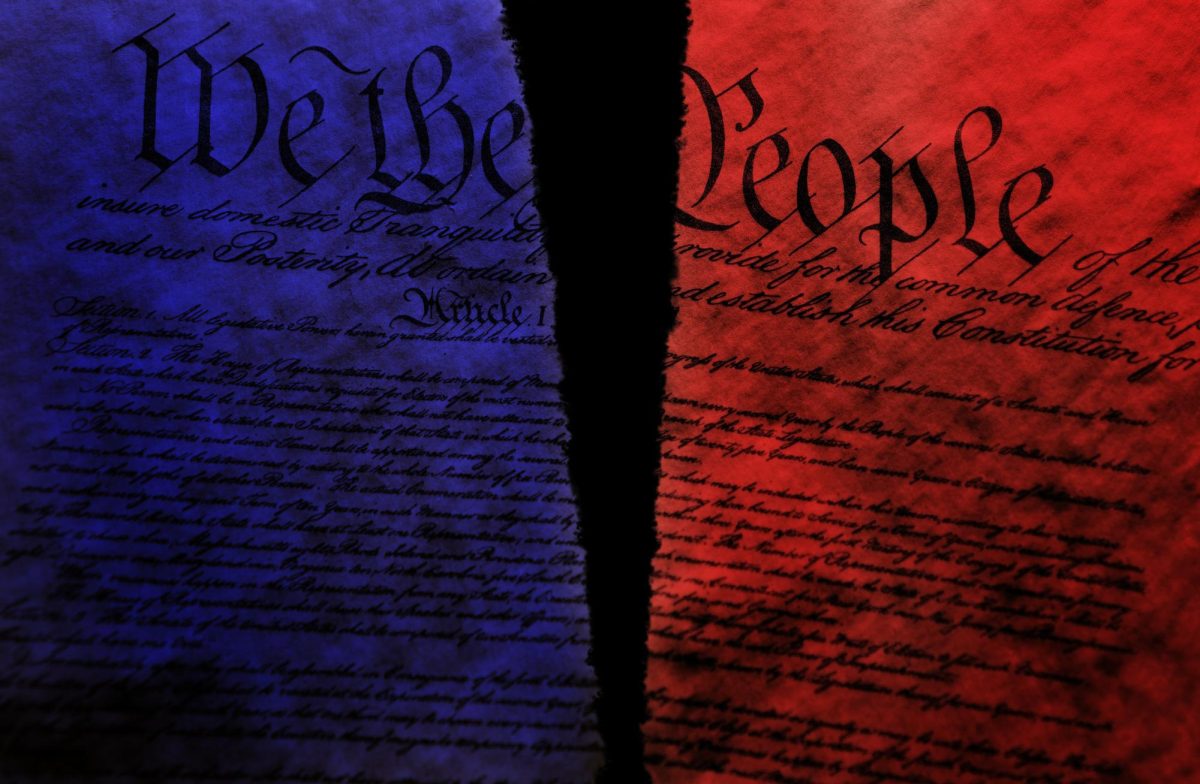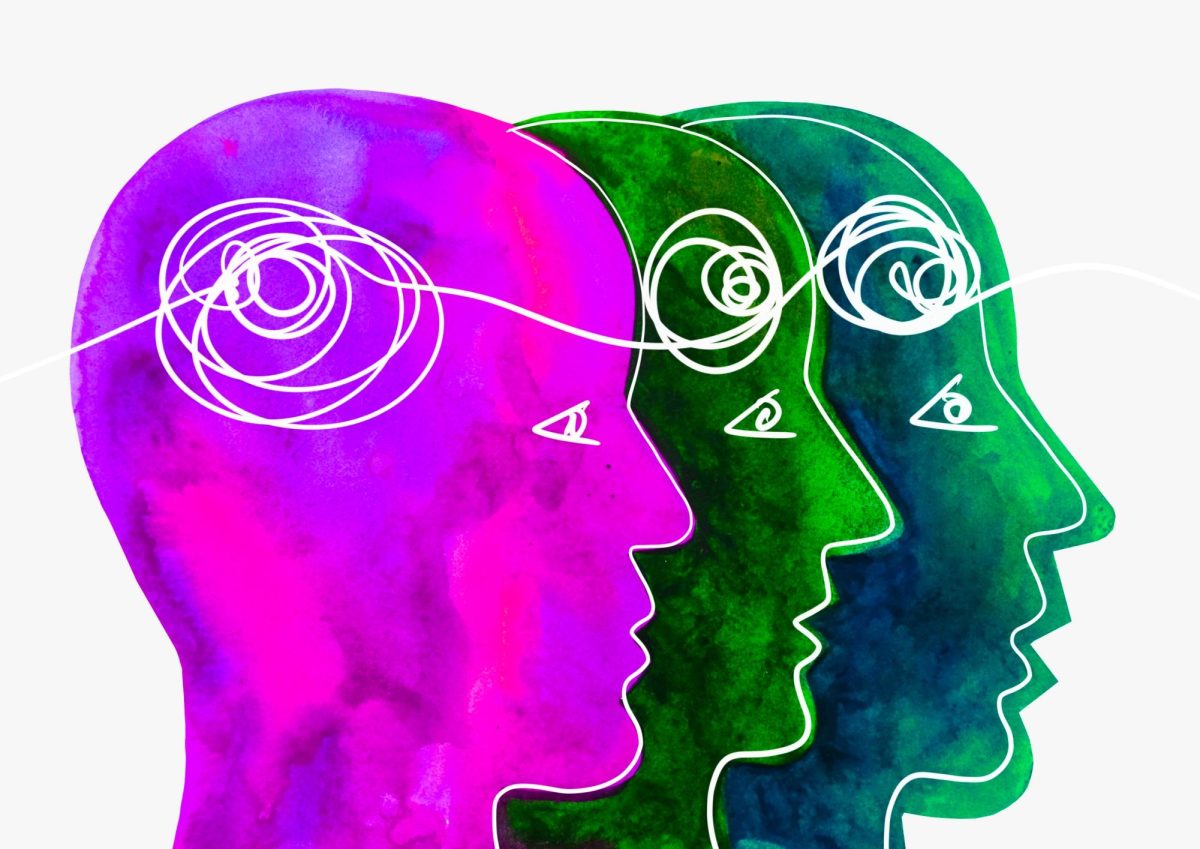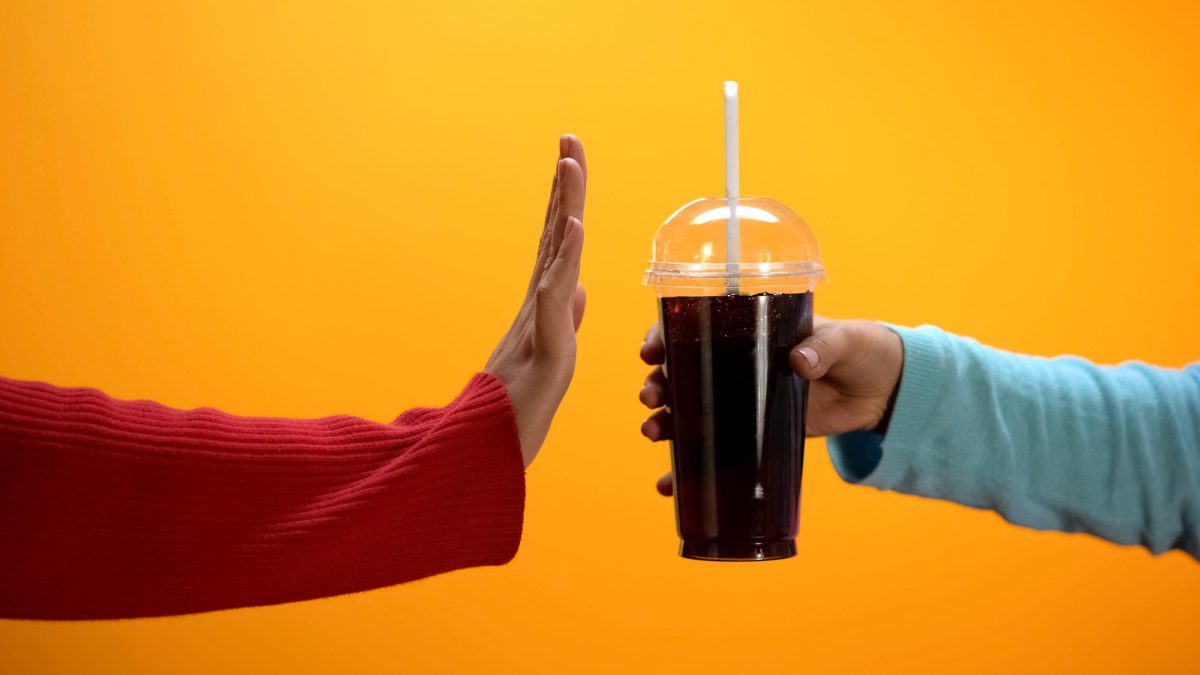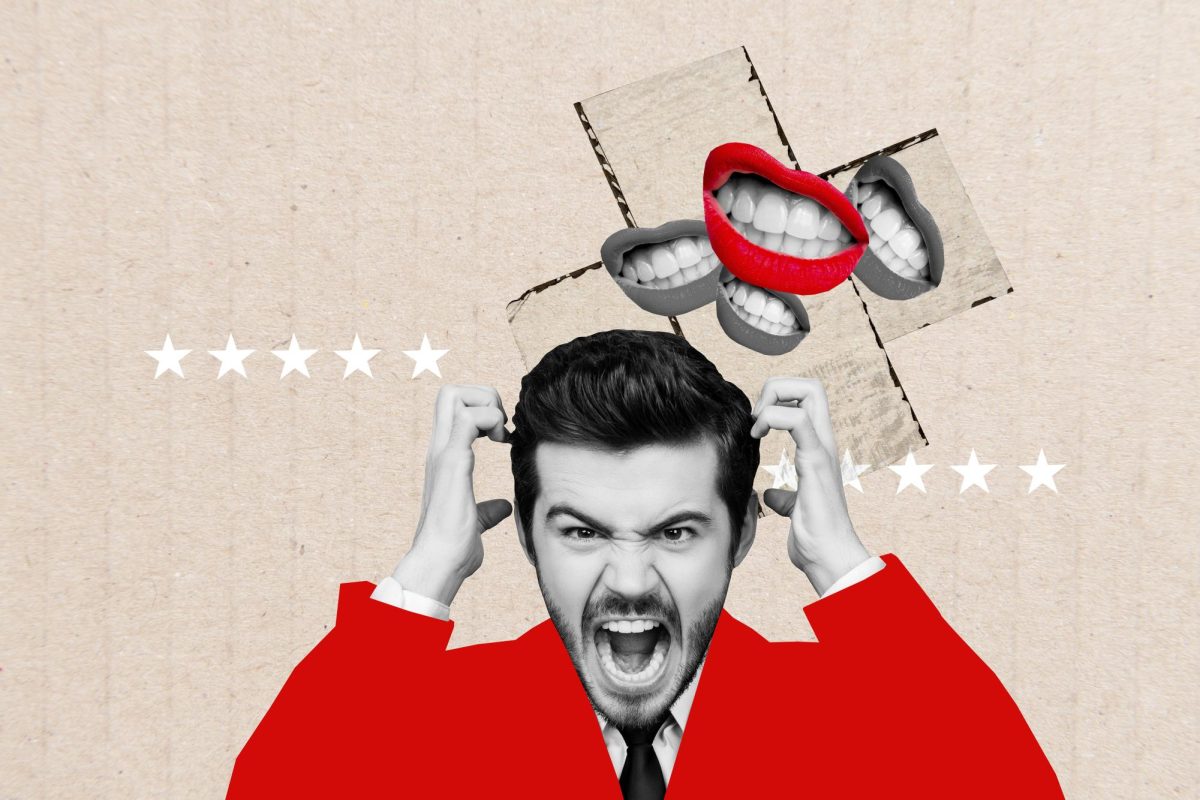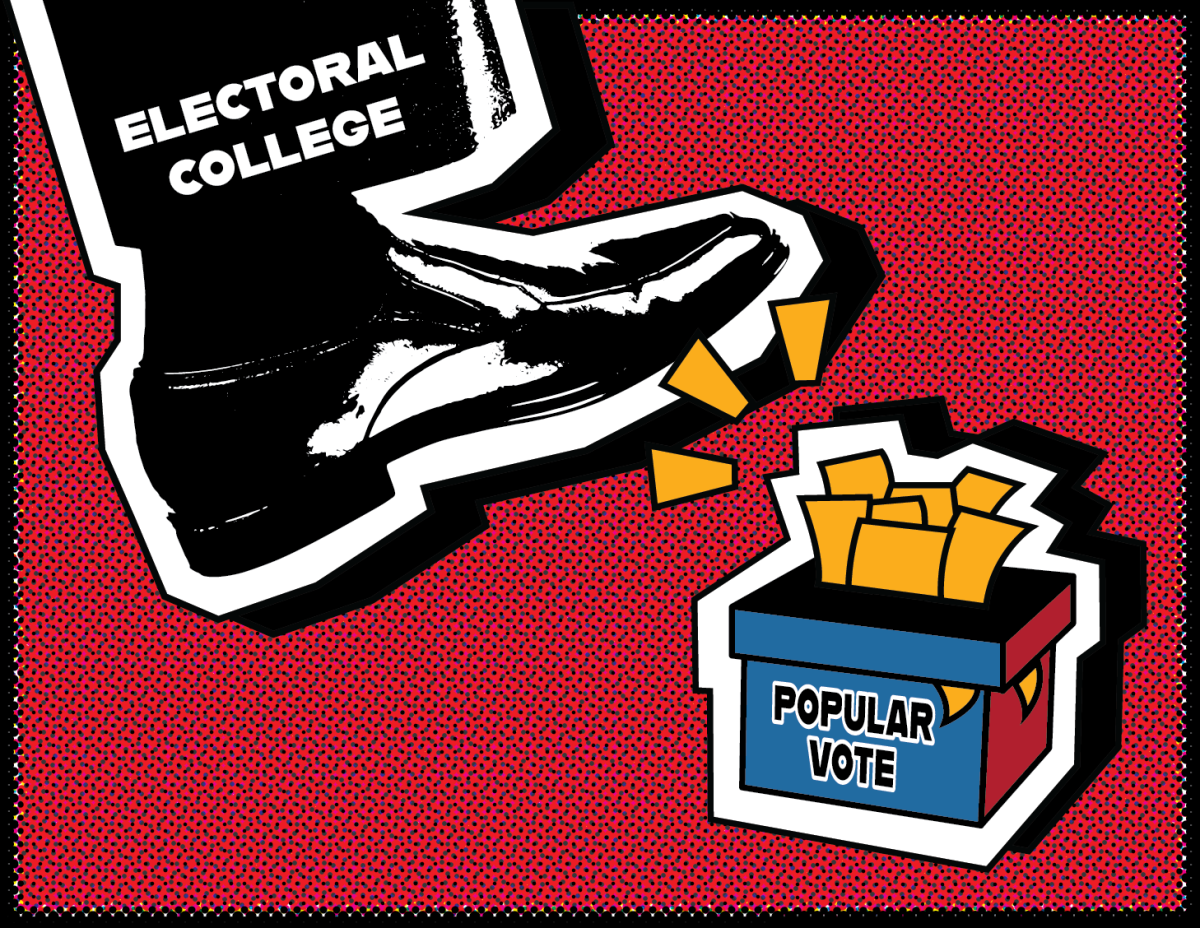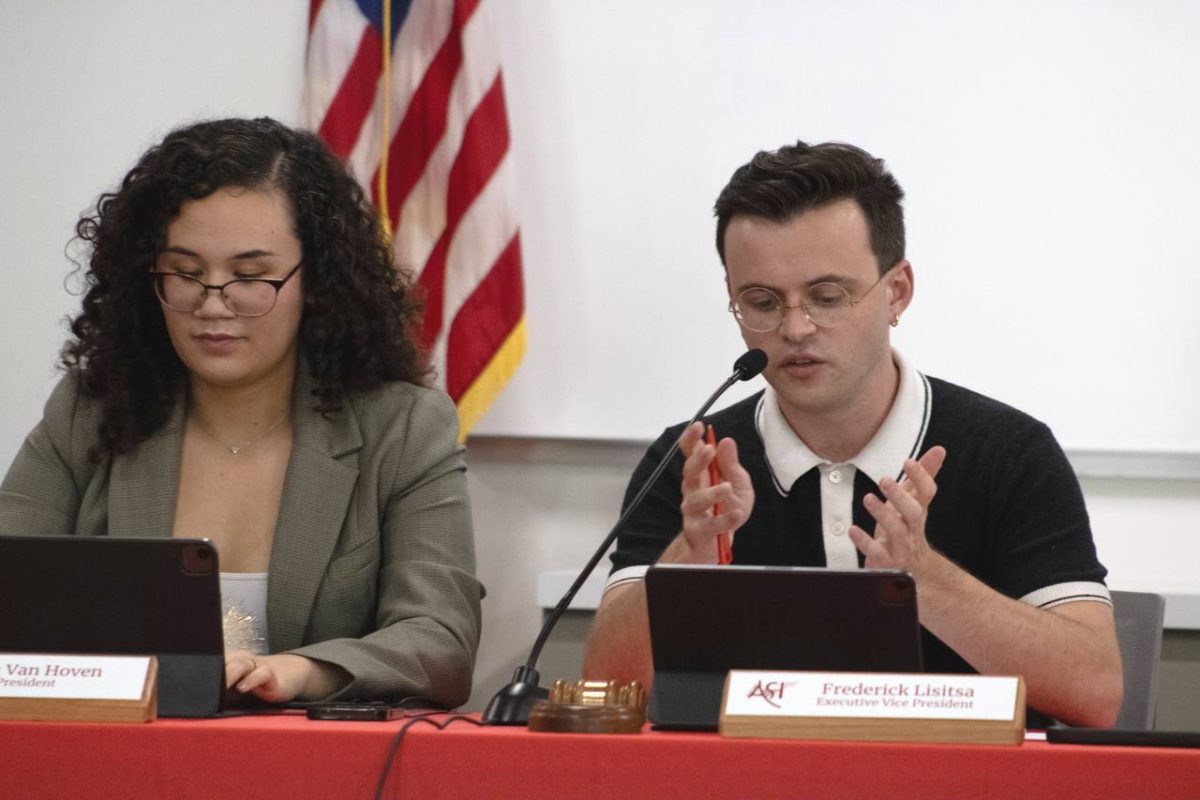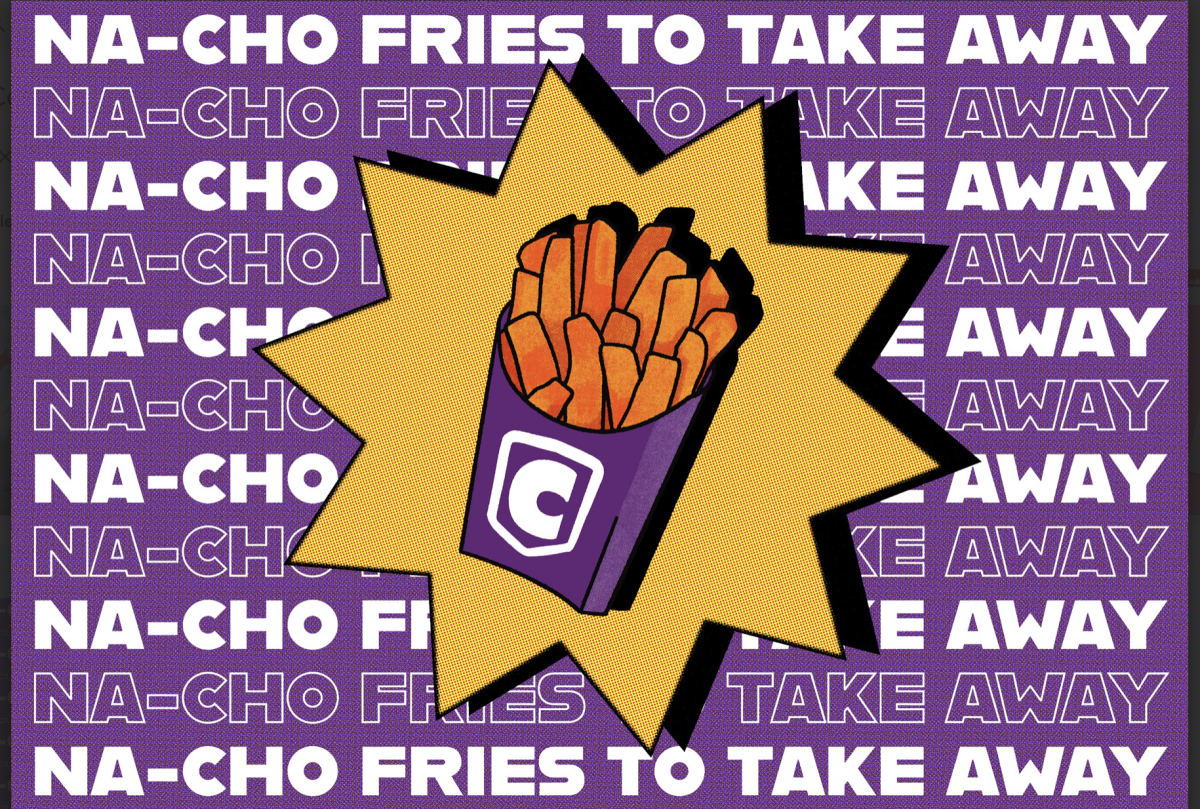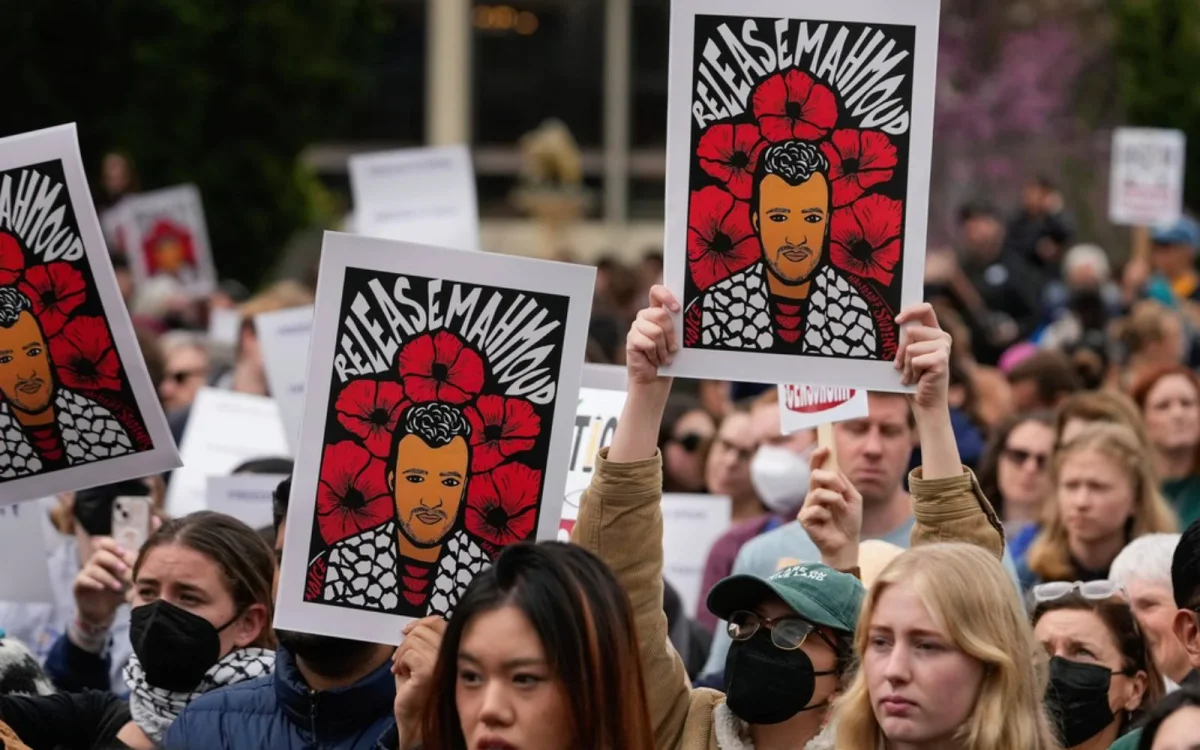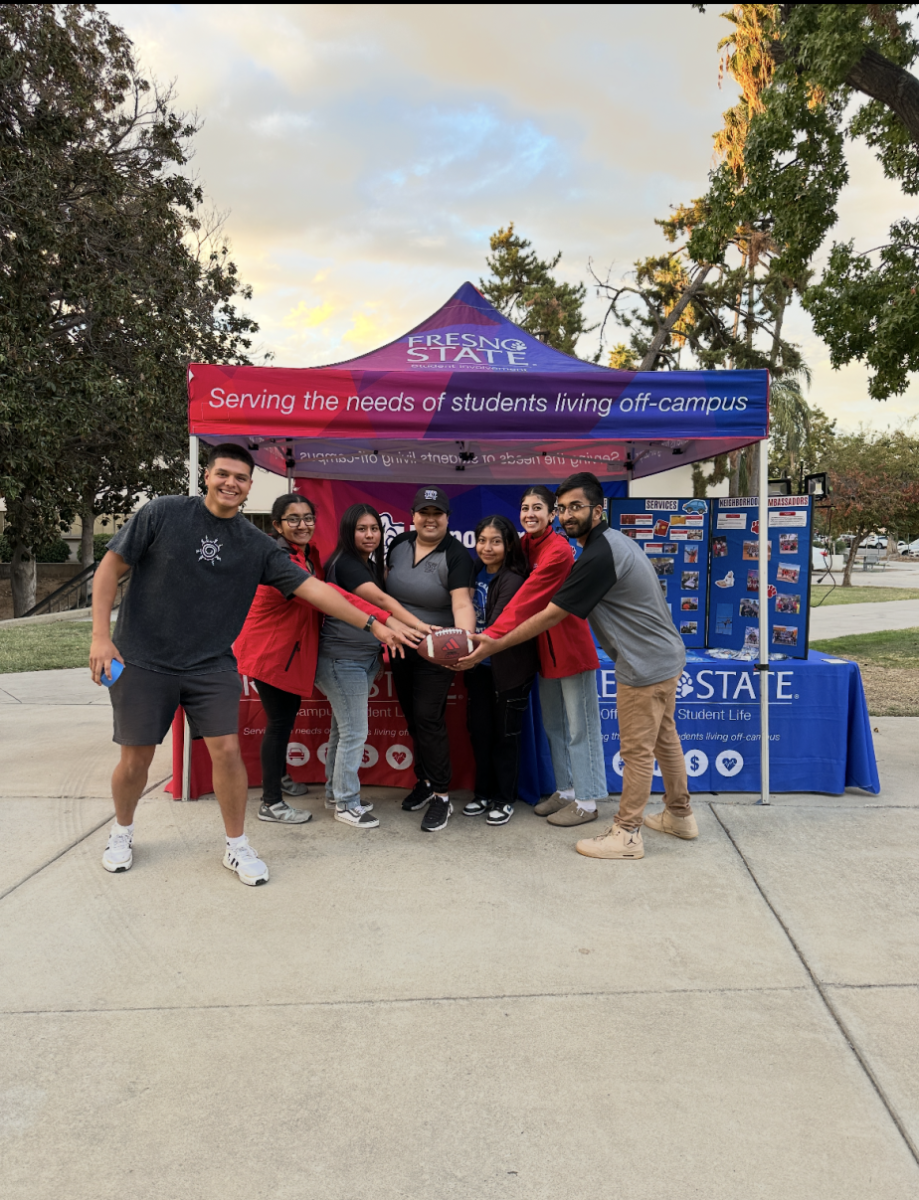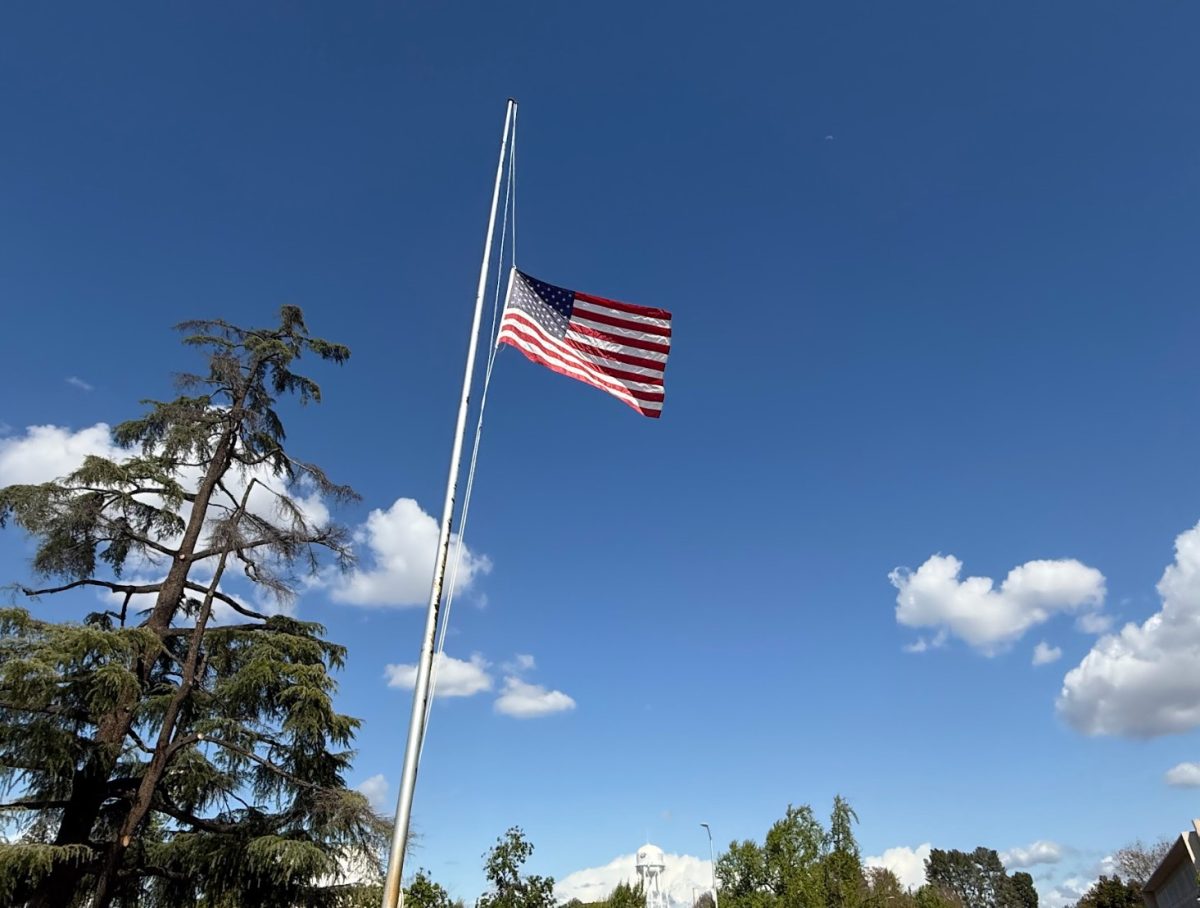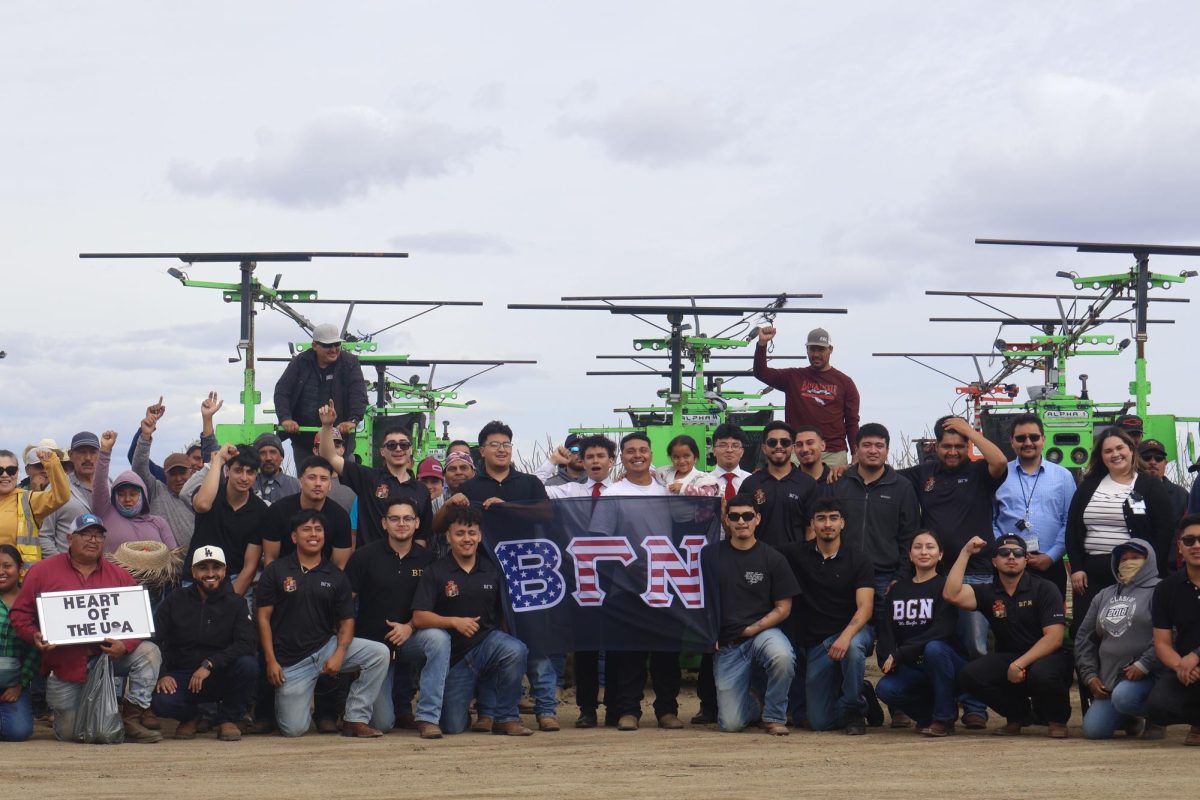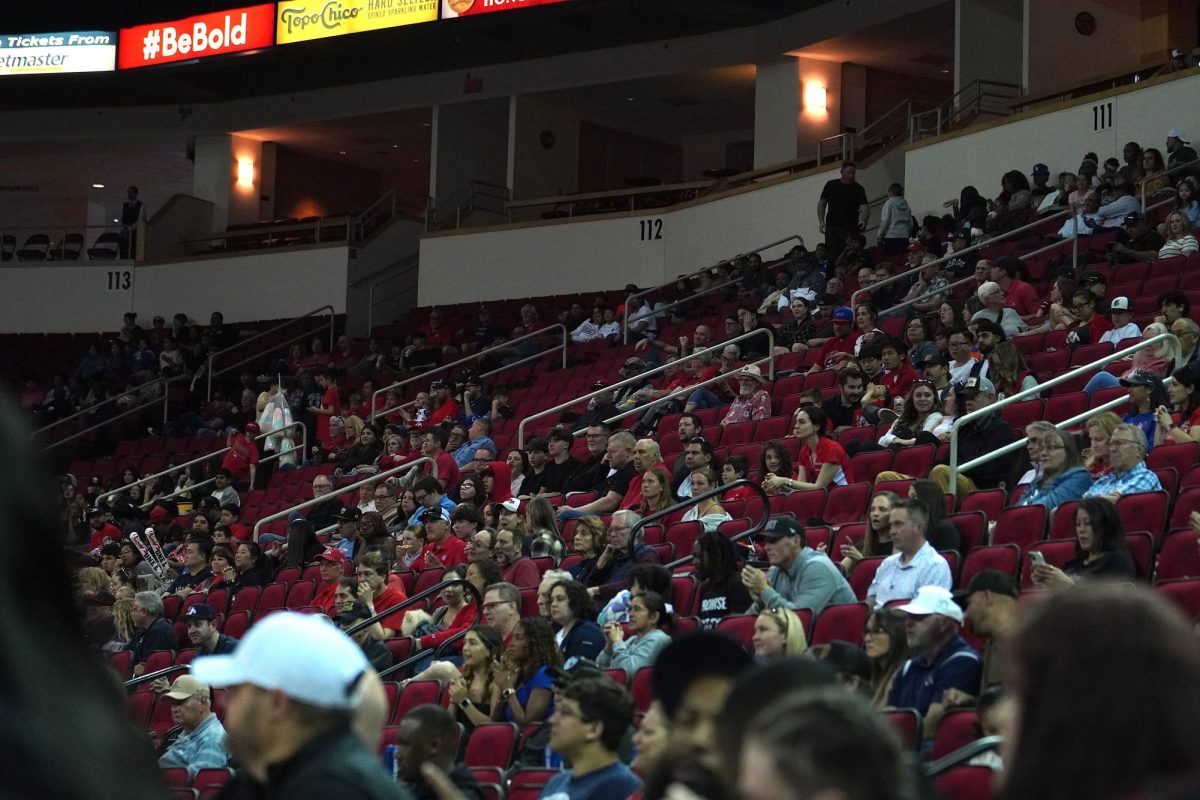For as long as I can remember, politics have shaped friendships, relationships, and environments. I have watched people end friendships because they disagree politically, and I have watched families divide due to opposing beliefs. I am guilty of this, too, making immediate assumptions of people based on their political affiliations and surrounding myself with like-minded people, for good or for worse.
In a perfect world, we would all coexist peacefully, knowing that everyone ultimately wants what is best for America—and, maybe, we once did.
According to the article “Facing History and Ourselves,” just as recently as the 1990’s, the Democrat and Republican parties shared more similar agendas than they do now. Since then, each party has veered more towards the left or the right.
Further back, in the 1960’s, just 4% of American parents—both Democrat and Republican—said that they would be dissatisfied if their child married outside of their political party. By 2019, 45% of Democrats said that they would be displeased and 35% of Republicans said the same. That is roughly a 40% difference within the span of six decades—which, in the grand scheme of things, is a short amount of time.
Has extremism become the new norm for liberals and conservatives? Or, in other words, have politics become the foundation of our identities?
There are a myriad of explanations for our increasing polarization, but the fact is that a vast majority of America is unwilling to attempt to reach any sort of middle ground.
The Pew Research Center conducted a recent poll that revealed that 86% of Americans get their news from electronic devices, and 54% of American adults get at least some of their news from various social media platforms like TikTok, Instagram and X.
With all of the different versions of the same facts being flooded through the screen, both from ordinary social media users and legitimate news sources, Americans are left arguing over issues that are impossible to resolve. Two people can be debating about one event, and neither of them know what actually happened. Once the fundamental facts are stripped from the media, disorganized opinions follow.
Though most news stations are on these platforms and put out (arguably) credentialed and timely information, social media is a free-for-all. Anyone can post anything at any time. There are restrictions on social media apps that prohibit hate speech and give warnings for obvious misinformation, but considering the general lack of oversight, it is no wonder that Americans are so divided. Half of the nation is getting their news from people on the internet—who, in turn, also probably got their news from the internet, and so on.
In some ways, news production has become a race between the platforms, including social media. Whoever speaks on an issue first generally receives the most attention, often at the expense of integrity—a fundamental aspect of both professional and amateur reporting.
In short, too many Americans receive information that is produced too quickly, and is extremely skewed to fit the presenter’s set of beliefs. Most of us have no clue.
In light of the 2024 presidential election, America has seen great joy for some and disappointment for others. The past two elections have been pivotal moments in our nation’s history, each marked by looming anxiety. While these are normal reactions to any election, this one seems particularly striking.
The backlash from liberal women specifically has brought the 4B movement to America, where new members have begun participating in immoderate activities such as shaving their heads in protest of the results. Originating in South Korea, the 4B movement, or “Four Nos” represents a commitment by female participants to reject any romantic relations with men, motherhood, and other traditional expectations.
Though these participants may feel that their actions are justified, this level of anger is anything but normal and leads me to my next conclusion: if America does not somehow figure out how to truly be “one nation, under God, indivisible, [and] with liberty and justice for all,” as the founding fathers intended, then everyone in the nation is in serious trouble, whether they are liberal or conservative.
How do we go about fixing this problem? There are certainly a few actions that I believe can help:
- Be mindful of the media you consume. Is there bias, and if so, how is it affecting your views on the issue? Try viewing several different sources on the subject to develop a well-rounded perspective.
- We must see the humanity in everyone. That classmate or coworker who you cannot stand because of their “crazy” politics? They eat, sleep, laugh, and cry just the same as you and I.
I am simply saying that we all need to get it together. America cannot survive forever in this state of brokenness, and it is ultimately up to us to unite under the belief that (most) everyone just wants what is best for our country.
For the sake of peace: dear conservatives, congratulations on Trump’s second victory, and dear liberals, remember that 2028 is only four years away. We must remember that we are all more alike than we think.




